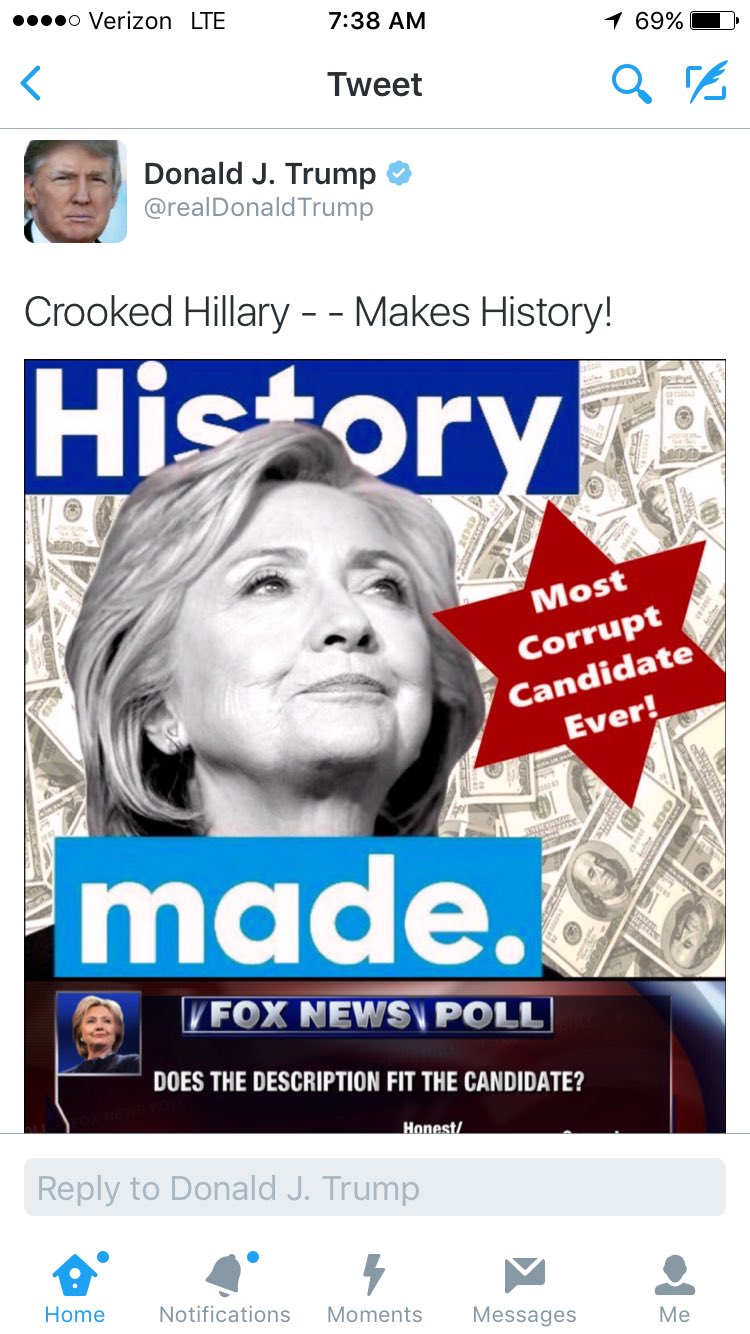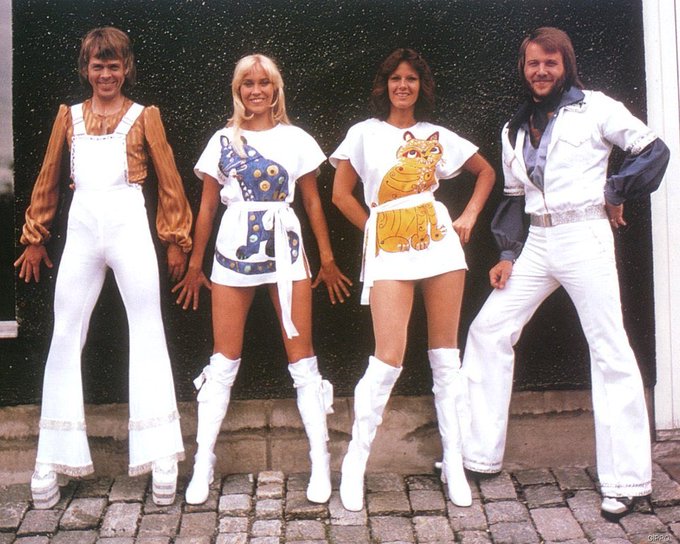“Gun advocates", which is a polarizing rhetorical label, reference the 2nd amendment and the Constitution when making a case for the right of citizens to keep and bear arms. In mid 2015 I seriously read the 2nd amendment and mapped it to the Constitution. Below are the results of my research,
As a first step, I looked up the 2nd amendment. I was surprised to find that it was an elegantly written single sentence. Brevity of the written word, for me at least, represents a well thought out idea, condensed down to its most basic expression without any distractions for the reader. The second amendment reads:
A well regulated Militia, being necessary to the security of a free State, the right of the people to keep and bear Arms, shall not be infringed.
It’s that simple! But why is it simple? I read the constitution to see what else I could learn. The only place that I found referencing the militia and arms was in Article 1 (The Legislative Branch), Section 8 (Powers of Congress), clauses 15 & 16. The mention of “the people” was easily found in the preamble.
The preamble is, again a single encapsulating sentence. The overture, if you will, containing the basic thoughts to be presented in the body of the document:
We the People of the United States, in Order to form a more perfect Union, establish Justice, insure domestic Tranquility, provide for the common defence, promote the general Welfare, and secure the Blessings of Liberty to ourselves and our Posterity, do ordain and establish this Constitution for the United States of America.
To me, “we the people” represents the citizenry of the united states as a whole, as opposed to a collection of individuals. It notes that the document will set out how to provide for the “common defence" , how to promote “general Welfare" and how to ensure the "blessings of liberty to “ourselves and our posterity". I made note that each of these concepts spoke of the group, not of individuals. “Common”. “General”. “Ourselves”. “Our [posterity]”. I’ll come back to “we the people” later.
Clauses 15 & 16 of article 1, section 8 are clear about the powers being given to the congress. Clause 15 reads:
To provide for calling forth the Militia to execute the Laws of the Union, suppress Insurrections and repel Invasions
Surely, this clause, as does the 2nd amendment, has “the militia” as its subject. By subject, I refer to the grammatical structure of the sentence. I am strongly convinced that the framers of the constitution were keenly aware & concerned with the use and power of the English language and therefore the construction of each and every sentence. History is clear about the debates that occurred at the constitutional congress, for days on end, regarding the wording and construction of sentences. "To execute the Laws of the Union, suppress Insurrections and repel Invasions", for me points right back to the preamble which notes that the constitution will "provide for the common defence, promote the general Welfare, and secure the Blessings of Liberty to ourselves and our Posterity". So far, an extremely well thought out and constructed document!
Clause 16 further discusses the powers introduced in clause 15:
To provide for organizing, arming, and disciplining the Militia, and for governing such Part of them as may be employed in the Service of the United States, reserving to the States respectively, the Appointment of the Officers, and the Authority of training the Militia according to the discipline prescribed by Congress
Note that the actions (in the grammatical sense) of this sentence are “organizing, arming, and disciplining”, while again, the subject is the Militia. The control of the militia is clearly given to the congress in the phrase “the Authority of training the Militia according to the discipline prescribed by Congress; “
I needed to find out how this word “militia” was being defined. It is the subject in both of these clauses and the 2nd amendment. How did the law makers of that time period define militia?
I was heartened by my findings. Less than 6 months after the 2nd amendment was ratified, the 1st & 2nd militia acts of 1792 were enacted by congress. While the complete act is too large for the purposes of this posting, the following are some key points:
- All free, white male citizens between the ages of 18 & 45 were required to enroll in their local militia
- All citizens who were enrolled & notified needed to provide himself with musket, bayonet and belt, two spare flints, a cartridge box with 24 bullets, and a knapsack. Men owning rifles were required to provide a powder horn, 1/4 pound of gunpowder, 20 rifle balls, a shooting pouch, and a knapsack.
- The members of all militias were required to report for training twice a year, usually in the Spring and Fall.
- The militias were divided into "divisions, brigades, regiment
So……it is clear that the word “militia” refers to organized groups with specified purposes.
Now that i have all of the pieces and I understand them, I'll put the puzzle together. A well regulated Militia, being necessary to the security of a free State obviously refers to an organized group with specified purposes that is set up to provide for the common defence.
..... the right of the people to keep and bear Arms, shall not be infringed. The reference here is again obvious to me. The "right of the people" obviously refers back to the preamble of the Constitution which begins with "We the people".
I do not have a problem with the sensible use of sensible firearms, but let's cut the crap. I don't care what judicial decisions have been made since the Bill of Rights was written. It is as obvious as the nose on anyone's face that the framers where not giving the right to the individual citizen to own firearms when they wrote the 2nd amendment. If we want to talk about the issue, let's get rid of this specious argument which simply gets people fired up and let's have a meaningful conversation.




